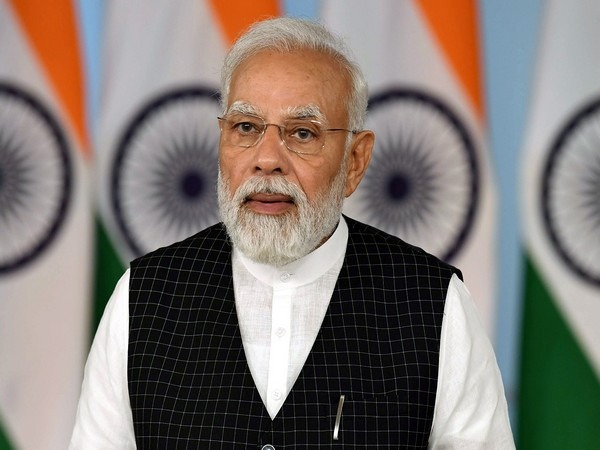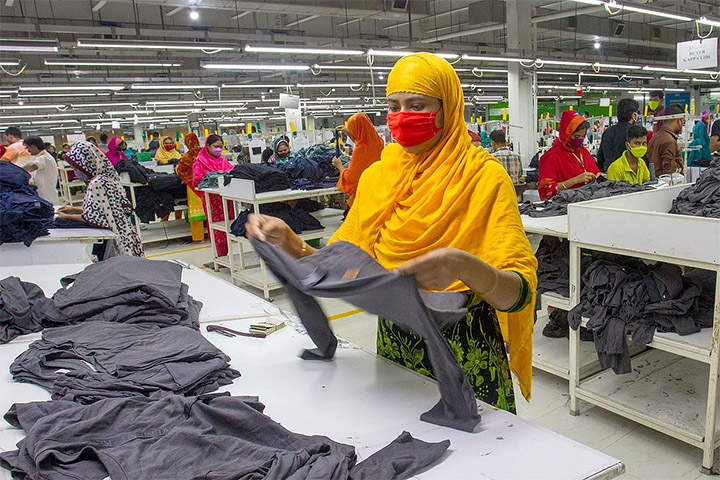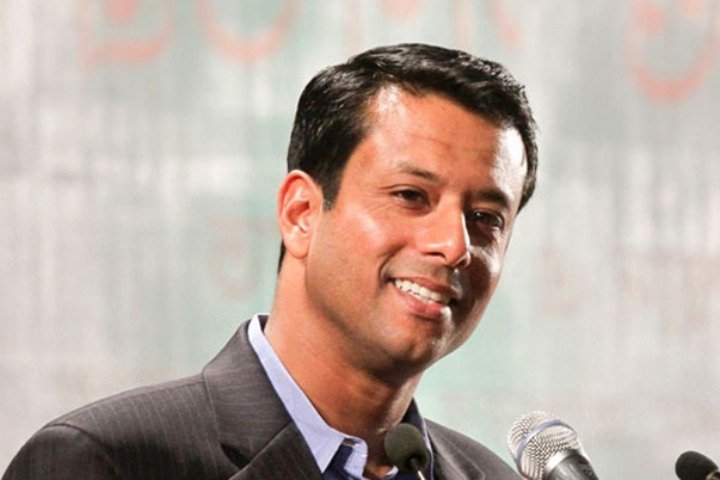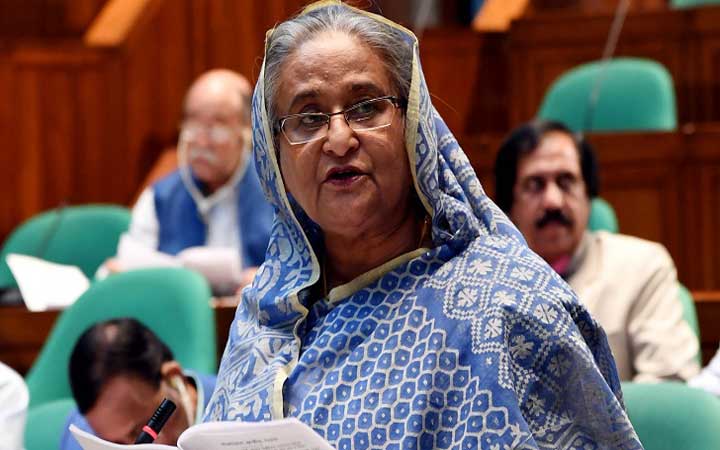South Korea to tighten punishment for industrial espionage
Authorities have come up with new legislation to fend off suspected efforts from Chinese and other foreign entities to acquire sensitive technologies.
When South Korea's Ministry of Trade and Industry submitted revisions to laws covering industrial espionage to the country's legislature in November, it was widely accepted that the new provisions were designed to fend off alleged attempts by Chinese companies and the government in Beijing to access secret technologies.
But reports that authorities are investigating one of the 15 Indonesian engineers working at Korea Aerospace Industries (KAI) on the joint development of the KF-21 fighter jet, on suspicion he stole critical technologies, indicate that South Korea has a similar problem with nations that it considers allies and business partners.
Revisions to the Act on Prevention of Divulgence and Protection of Industrial Technology are presently being considered in the National Assembly and are due to go into effect six months after they are approved.
The new laws significantly increase the penalties for leaking intellectual property to foreign companies and organizations, hiking the maximum penalty from 1.5 billion Korean won (€1.05 million, $1.12 million) at present to 6.5 billion won (€4.5 million) and to 3 billion won (€2.1 million) for less critical technology.
Industrial spying cases rise
The new punishments were overdue, say experts, as the rising number of industrial espionage cases shows that not enough is being done to protect home-grown technology, thereby compromising national security.
According to the government, 14 cases of industrial espionage were detected in 2019, but that increased to 23 cases in 2023. The majority of the incidents involved cutting-edge semiconductor technologies, an area in which South Korean firms are among the world leaders.
The Korea Times newspaper reported that four employees of a display equipment manufacturer affiliated with Samsung Electronics were arrested in January for passing on technology to China-based PNC Process System. The theft caused "irreparable damage to the country's semiconductor industry," prosecutors were quoted as saying, as well as financial damages worth 210 billion won.
"These events keep happening, and are a strong indicator of the problems that Korean companies and the government are having in dealing with critical questions over the security of our technology," said Park Jung-won, a professor of international law at Dankook University.
"I worry that many people look at the Indonesian case and are dismissing it as a relatively trivial matter," he told DW.
"We need to look at this in light of all the other similar scandals that are impacting national security and even our democracy," Park said.
"We need to be better at protecting technology that is designed to ensure our security and our democracy," he added.
Data theft on new fighter jet
He admitted, however, to being taken aback that an Indonesian engineer is suspected of attempting to steal Korean technology on an aircraft that the two nations are developing together.
According to media reports after the leak was announced on February 2, investigators are deciphering more than 6,000 encrypted files on a number of storage devices that were taken by the engineer.
The man was detained as he attempted to pass through a security checkpoint at the development facility for the aircraft on January 17 and is undergoing questioning. The engineer is understood to have been working on the project since 2017 and there is concern that he has been stealing key technological data for some time.
Dan Pinkston, a professor of international relations at the Seoul campus of Troy University, is far less surprised that purported partners — either private companies or governments — would attempt to take advantage out of every economic opportunity.
"It is not much of a shock that states do this and try to acquire secret or sensitive technology, whether that is at the state level of a private company," he said.
However, he added that the greatest threat to South Korea's technological secrets still comes from China.
'Whole of society' approach
"Beijing uses a 'whole of society' approach to acquiring technology," he told DW. "Under Chinese law, any Chinese citizen who is asked to cooperate with the collection of information or technology, either legally or illegally, is obliged to do so."
In addition to that, Chinese companies or state-run cyber infiltration units are adept at accessing the computer systems of foreign companies or governments and gathering useful information, he said.
And that means it is up to all foreign firms and governments to implement defensive measures that are able to keep intruders at bay.
The theft of data and the loss that causes to a company or the threat posed by a foreign power having inside information on any government's policies, particularly defense, "are a huge incentive to those secrets being protected," said Pinkston.
"The growth of cyber espionage has changed the landscape and there is now a greater need for collaboration between private companies and their governments to protect their knowledge and secrets."
14 Feb 2024,19:15
















 Live Tv
Live Tv









